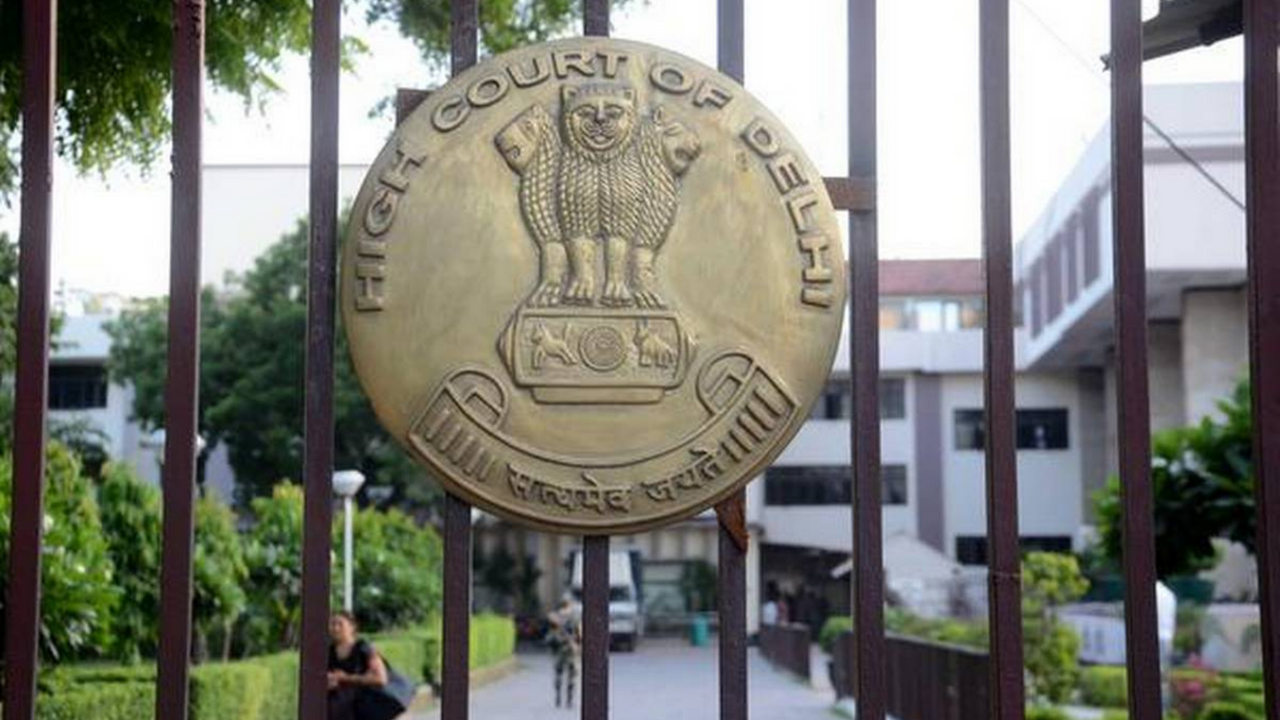The Delhi High Court on Thursday refused to take up a plea challenging a special probe over alleged hate speech, which led to the anti-Muslim violence in Delhi in February 2020, while the protest over CAA was taking place.
The petition sought the Delhi High Court’s intervention and investigation against the political leaders who delivered hate speeches.
In a petition filed by Shaikh Mujtaba Farooq, seek for the registration of a First Information Report (FIR) and investigation against Bharatiya Janta Party leaders Anurag Thakur, Kapil Mishra, Parvesh Verma and Abhay Verma.
However, the court refused to accept the plea and said it was not allowing the intervention application and also refused to keep it pending for the future.
A bench of Justice Siddharth Mridul and Justice Anup Jairam Bhambhani while hearing the plea seeking a probe by the Special Investigation Team (SIT) into the northeast Delhi riots of 2020, said, “We are telling you our decision, it is dismissed. You are not a necessary or a proper party. We do not propose to allow you to intervene. Don’t try to turn it into a circus. We are not keeping it pending. Your client is a gate crasher”.
Farooq has no locus standi to file the petition as according to a Supreme Court judgement, public interest litigation, where the petitioners have not even gone to the police, should not be entertained, said Advocate Pavan Narang, representing the lawyer who filed the application.
The counsel alleged that it was not public interest litigation but a publicity infused litigation. However, the bench said, “Who are you to say this? You are not a concerned party. Whether it is publicity for the petitioner or for you we do not know. We are conscious of the Supreme Court’s judgement. We are not permitting you to intervene. Don’t tell us what to do. We know what the scope of a PIL is.”
“See the irony of the situation here that the intervenor pleads that the petition is not maintainable. There is no question of even allowing an impleadment to remain pending. If the petitioner has no locus, then the intervenor should be nowhere in the scene, nowhere around,” the court further said.
Colin Gonsalves and Sonia Mathur, the senior advocates, who appeared for petitioners Farooq and Lawyers Voice, respectively, said that they have filed applications for the impleadment of the concerned persons to their petitions seeking registration FIRs against the alleged wrongdoers.
But, Gonsalves’ application was not on record, and the court further directed the registry to bring it on paper subject to the petitioner removing the objections and listed the matter for further hearing on February 28.
Lawyers’ Voice has also sought the registration of hate speech FIRs against foremost leaders from Congress, Aam Admi Party and AIMIM and has applied to implead them as respondents in the petition.
It has sought to implead activist Harsh Mander, Bollywood actress Swara Bhaskar, student activist Umar Khalid, and several others.
The Court is to hear the impleadment application on February 28.
As that emphasised, the presence of all necessary and proper parties is required for adjudication; the court asked the petitioners if any order having criminal consequences can be passed the absence of the parties getting affected.
The Additional Solicitor General Aman Lekhi, appearing for Delhi Police, had urged the court to defer hearing on the petitions until affected parties are impleaded. He said he would record a list of issues that survive at this stage in the pleas.
Meanwhile, the court, in the last hearing, had granted liberty to Mujtaba and Lawyers Voice to implead proper and necessary parties in their pleas on the specific allegations of hate speeches by various politicians.
During the course of the hearing, Narang said: “We are not holding an inquiry under the Commissions of Inquiry Act, 1952 wherein somebody is called, it whatever he may say may not be relied upon. You are asking some people as respondents to file their responses in affidavits and then say they are the proposed accused. What about their right under Article 21 and Article 20(3)?”
There is no question of even allowing an impleadment to remain pending. If the petitioner has no locus, then the intervenor should be nowhere in the scene, nowhere around, the bench said.
Related












































